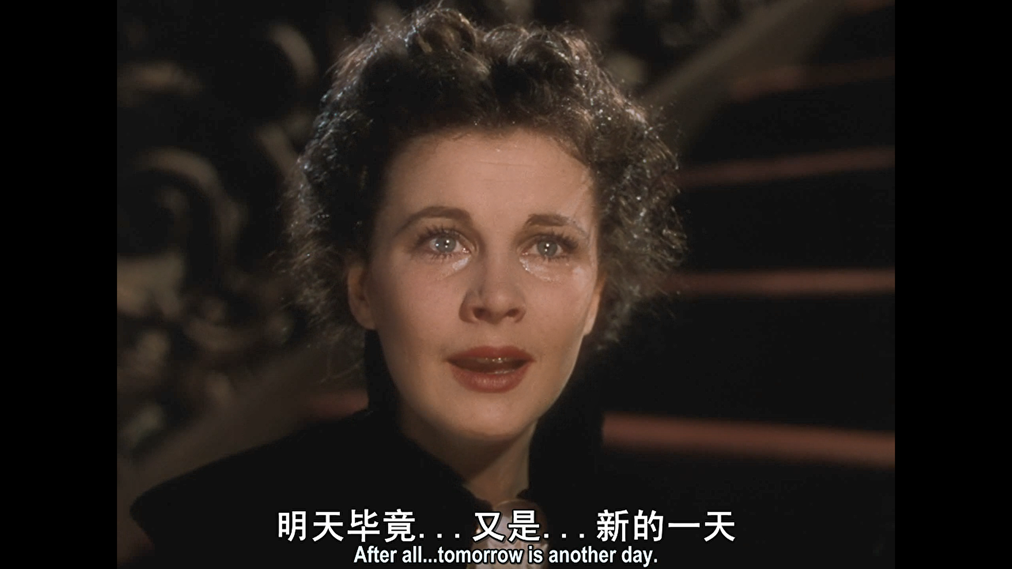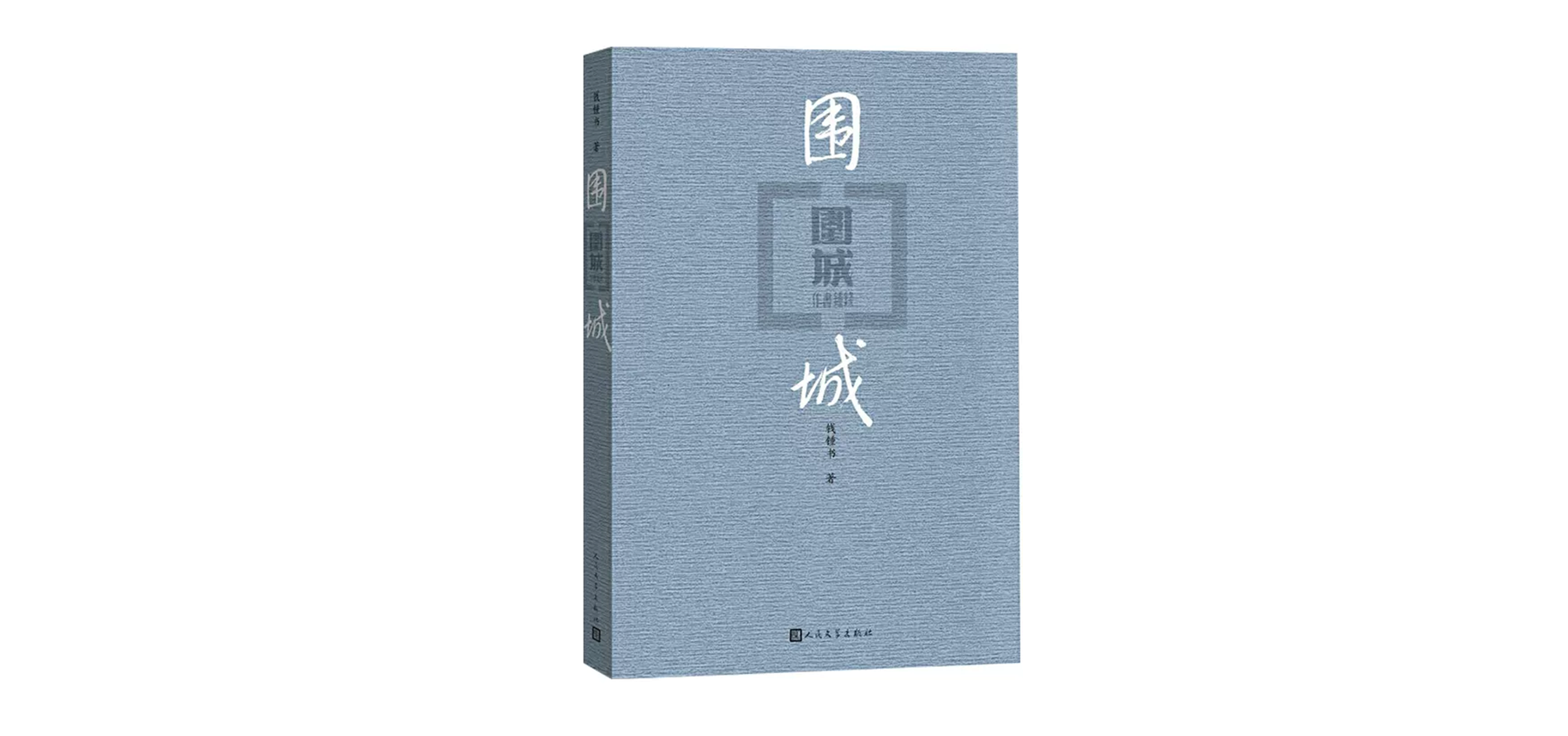MY 100-Day English -44
continuous
通宵后补觉并不能弥补通宵带来的记忆能力损伤
Sleep loss degrades many brain functions. In one study, sleep loss degraded visual vigilance (警觉) and memory for words, and time-of-day fluctuations (波动,变动) were found in choice reaction time, logical reasoning, and word memory. Exercise also seemed to have an effect in that brain function of non-exercising subjects degraded sooner than they did for exercising subjects. So, sleep-deprived couch (沙发,使躺下) potatoes beware!
Researchers have found that people who stay up all night after learning and practicing a new task show little improvement in their performance. No amount of sleep on following nights can make up (弥补,化妆) for the toll (代价) taken by the initial all-nighter (再多的睡眠也弥补不了第一个通宵所付出的代价).
Robert Stickgold and colleagues at Harvard Medical School reported that people who learned a particular task did not improve their performance when tested later the same day but did improve after a night of sleep. To see whether the night of sleep actually caused the improvement, Stickgold trained 24 subjects in the same visual discrimination task, which consisted of identifying the orientation of three diagonal bars flashed for a sixtieth of a second on the lower left quadrant (象限) of a computer screen full of horizontal stripes (条纹). Half of the subjects went to sleep that night, while the other half were kept awake until the second night of the study. Both groups were allowed to sleep on the second and third nights. On the fourth day, both groups were tested on the visual discrimination task. Those who slept the first night identified the correct orientation of the diagonal bars much more rapidly than they had the first day. The other group showed no improvement, despite the two nights of catch-up sleep.
Another compelling study for the role of sleep on memory consolidation was published by Sean Drummond and his colleagues at San Diego State University and the University of California, San Diego. They combined memory performance with magnetic resonance imaging (MRI,核磁共振成像) to study sleep deprivation effects on verbal learning of young, healthy adults. After a sleepless night, free recall fell by about half, and the brain imaging analysis showed reduced blood oxygen activity in the temporal area. However, the areas of the prefrontal cortex that had been activated during remembering after normal sleep worked even more after sleep deprivation. What’s more, the bilateral (双边) parietal lobes (顶叶) and two additional areas in the prefrontal cortex, usually not activated after normal sleep, became active.
See you tomorrow











